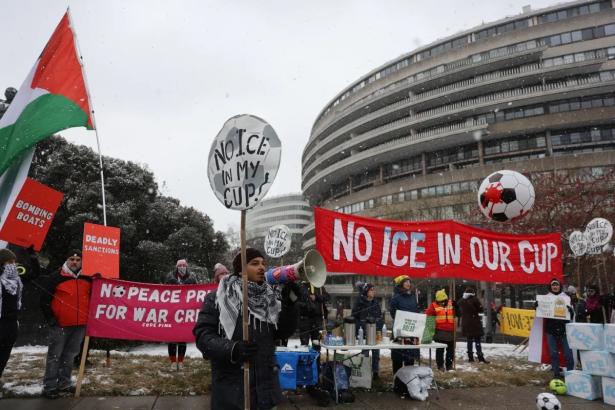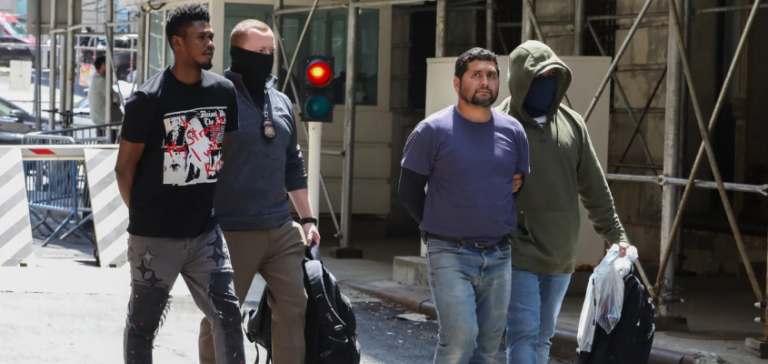Today people of Rio de Janeiro, residing in the area of the Maracanã World Cup stadium, woke up to find out that missiles have been placed on the roofs of their bloc of flats. Not just missiles, but actual military bases have been set up over night on their homes. The Navy of Brazil are “positioning airspace surveillance and air defense equipment” on the terrace of a building with 15 floors and 90 apartments in Tijuca north of Rio, 600 meters from the Maracanã. They want to “defend the anti-aircraft Maracana.” Residents of the building Chateau Grenoble have noticed army soldiers on their roof. Retired economist Almir Gomes Cardoso, 72, says he was shocked to see the marines on the roof. “They (the military) confirmed that they will install a missile on the roof,” said Cardoso, who lives on the top floor. Just like that. Nobody asked him anything: “The landlady did not report anything. It was a fait accompli.” The military say the missiles are meant to defend the “airspace” on an area of 13 to 15 km around the stadium Maracana, as well as around the other 12 stadiums where the games for the cup will take place. But the reality is that from the roofs of the building they will be actually spying on and monitoring protestors on the ground – this is their main concern. A state army of 200,000 uniforms, a third of which are army soldiers, are deployed for FIFA’s most expensive show ever — and the biggest theft from Brazil’s public budgets:
-> ”A gigantic theft of public resources would take place. For us that was clear from the beginning. But we had not anticipated that the fraud would be as big as he is now! Beginning it was said that the Copa (World Cup) would make do with a budget of 2 billion U.S. dollars. Now, over 10 billion U.S. dollars spent been! That’s why the people are outraged!















